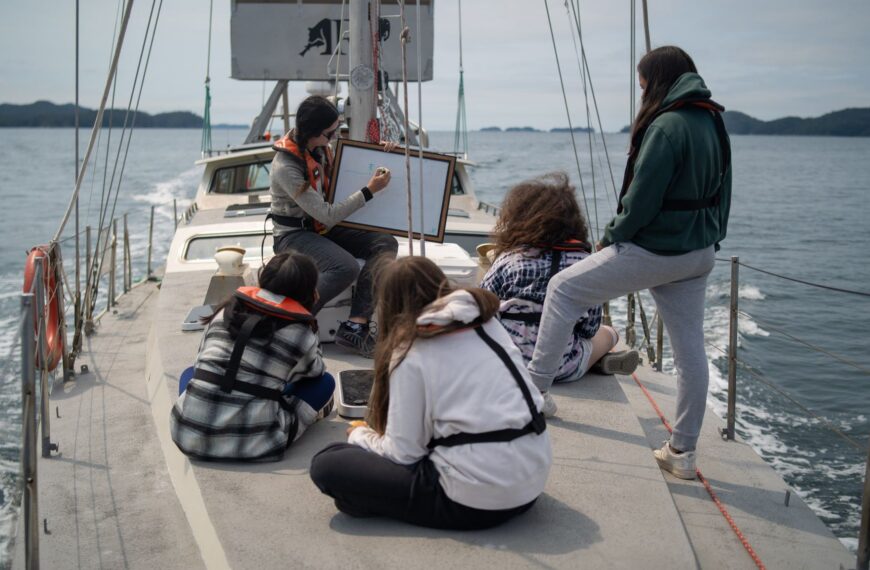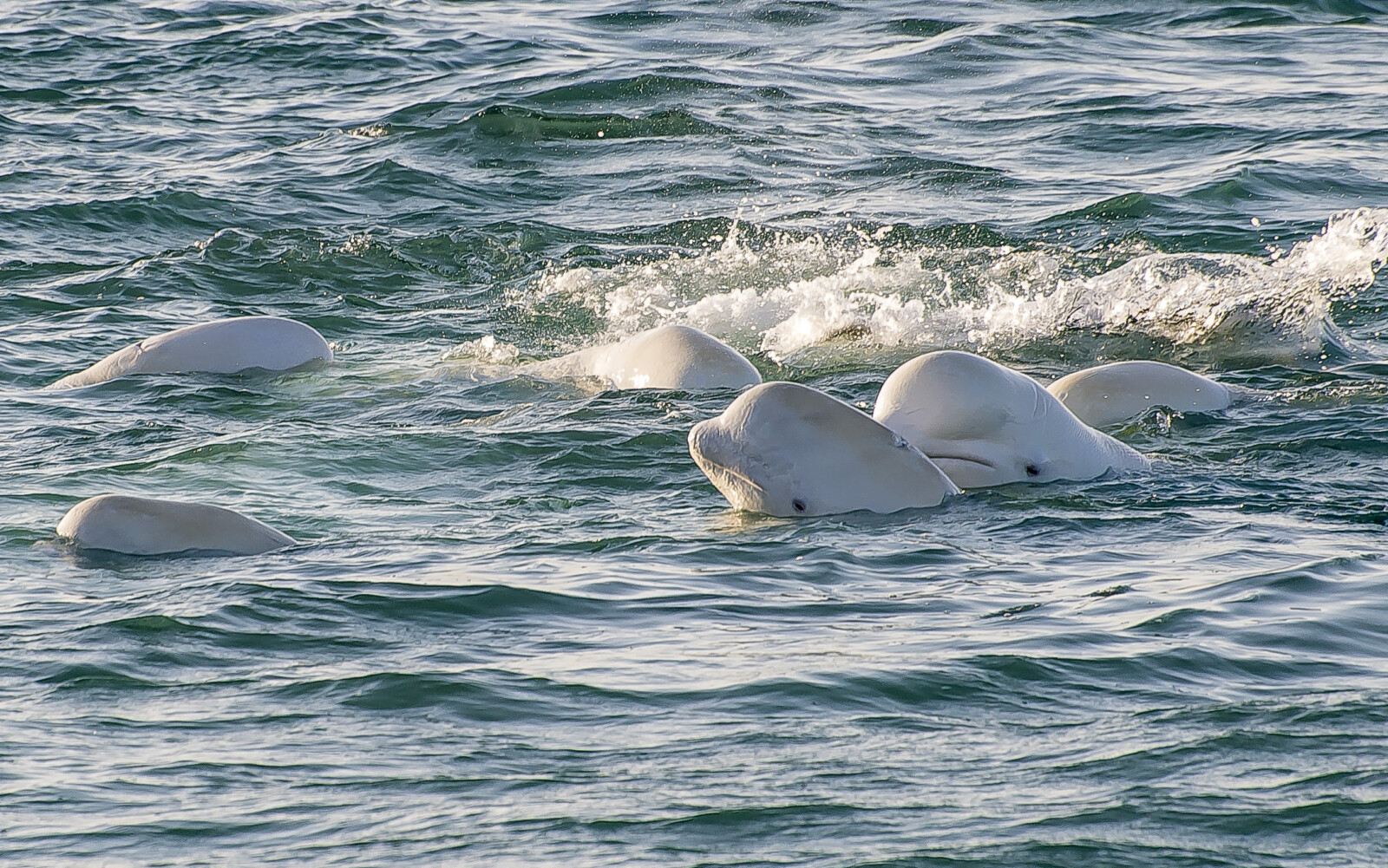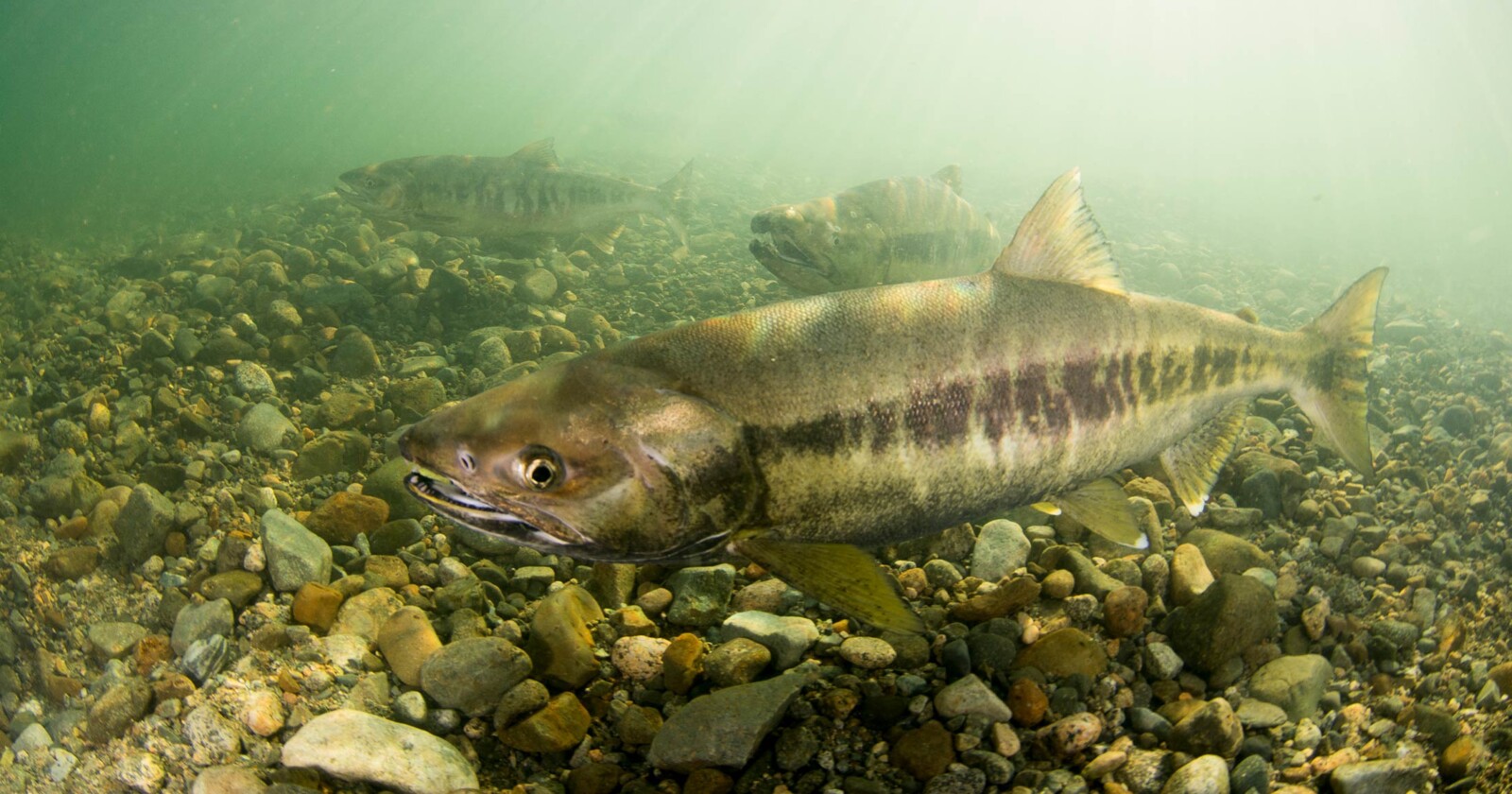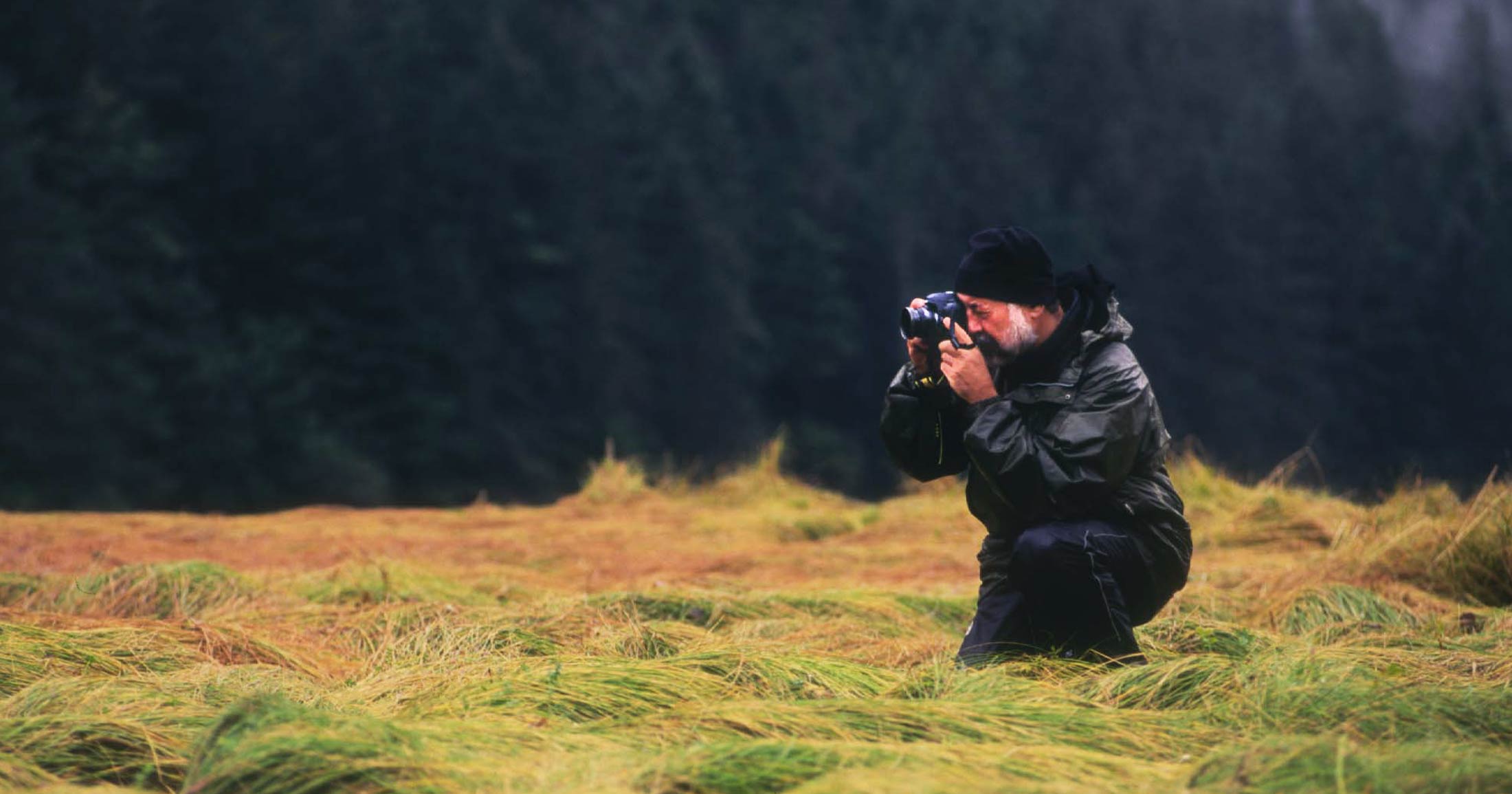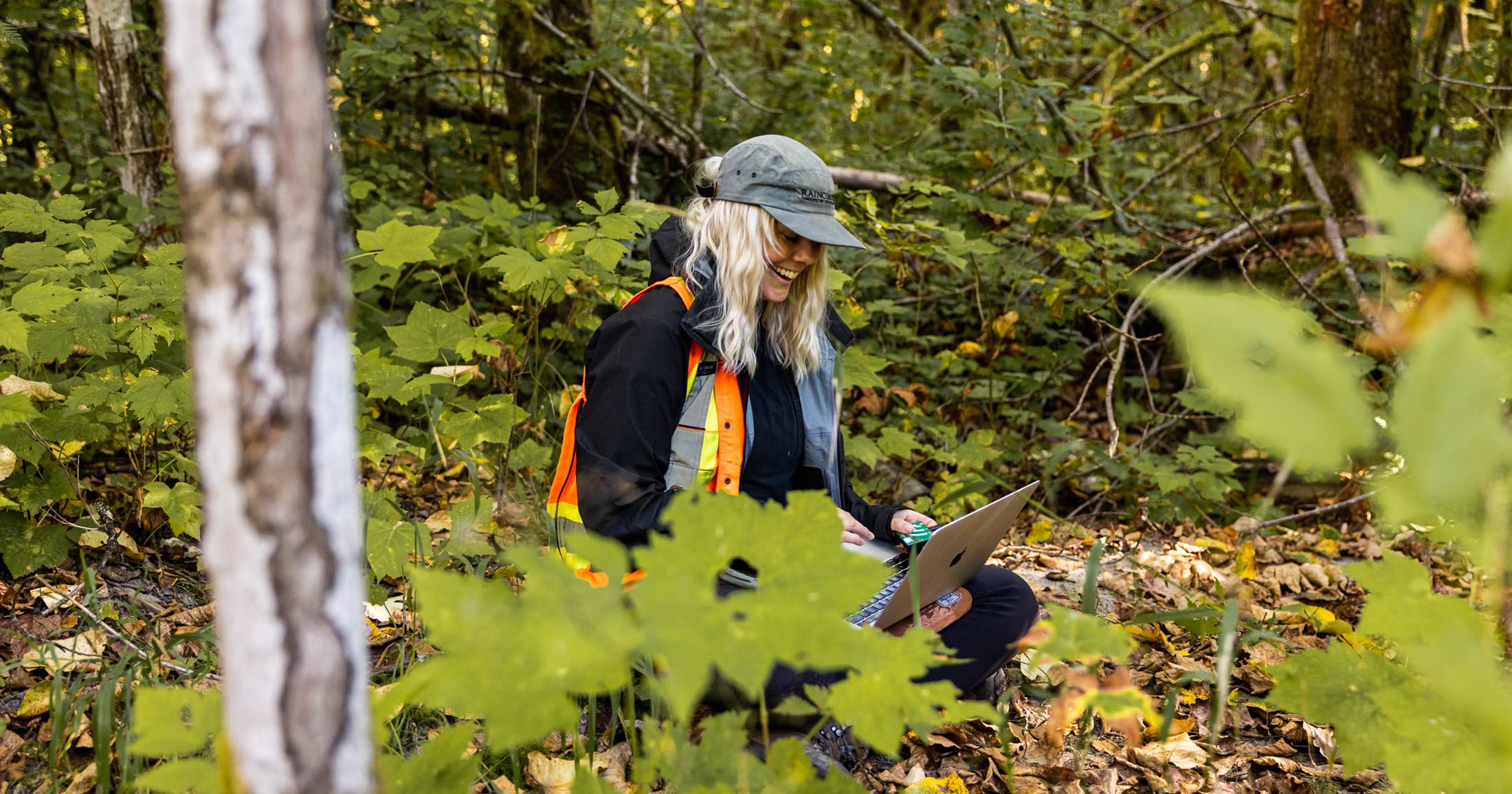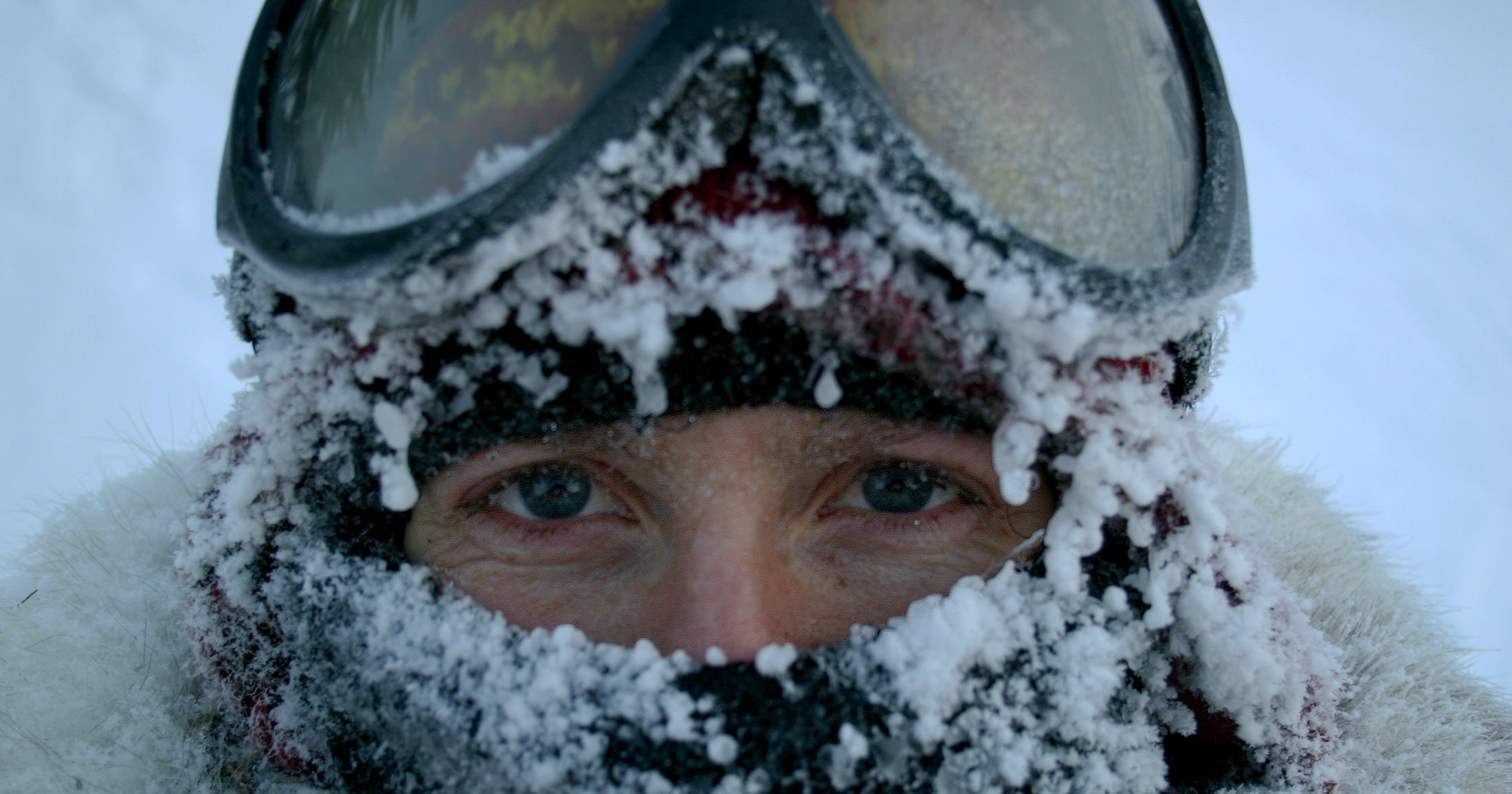A walk on the wild side
Compiled by Joseph Blake, Times Colonist
Thursday, February 28, 2008
Tonight’s “A Great Bear Rainforest Odyssey” is a very special evening of lectures and multimedia presentations about the world’s largest intact temperate rainforest.
Featuring renowned wolf researcher Chris Darimont and respected explorer-guide Kevin Smith, the evening at University of Victoria’s David Lam Auditorium includes a video and photo depiction of the Great Bear Rainforest from mountaintops to the channels of the Inside Passage to the fjords where grizzly bears and wolves feed.
Stories and slides of the unique, island-hopping, salmon-eating rainforest wolves will include a natural history overview of the temperate rainforest and its creatures including spirit bears, whales, and salmon.
Dr. Darimont directs the Rainforest Wolf Project for the Raincoast Conservation Foundation. Mentored in the islands and estuaries of the Great Bear Rainforest a decade ago by a First Nations tracker known as Lone Wolf, the award-winning researcher has discovered that the rainforest wolves fish for salmon, hunt seals, and chase 450-kilogram grizzly bears away from their pups.
Kevin Smith is captain of the tall ship Maple Leaf and owner of Maple Leaf Adventures, an ecotourism company that explores the coast by boat. A wildlife photographer and geographer, Smith has been certified by the
Commercial Bear Viewing Association as a full bear guide.
Admission to tonight’s event is by donation.
Displays will be available for viewing at 6 p.m. The show starts at 7 p.m.
Proceeds from the event go to Raincoast Conservation Foundation. RSVP
386-7245.
You can help
Raincoast’s in-house scientists, collaborating graduate students, postdoctoral fellows, and professors make us unique among conservation groups. We work with First Nations, academic institutions, government, and other NGOs to build support and inform decisions that protect aquatic and terrestrial ecosystems, and the wildlife that depend on them. We conduct ethically applied, process-oriented, and hypothesis-driven research that has immediate and relevant utility for conservation deliberations and the collective body of scientific knowledge.
We investigate to understand coastal species and processes. We inform by bringing science to decision-makers and communities. We inspire action to protect wildlife and wildlife habitats.


